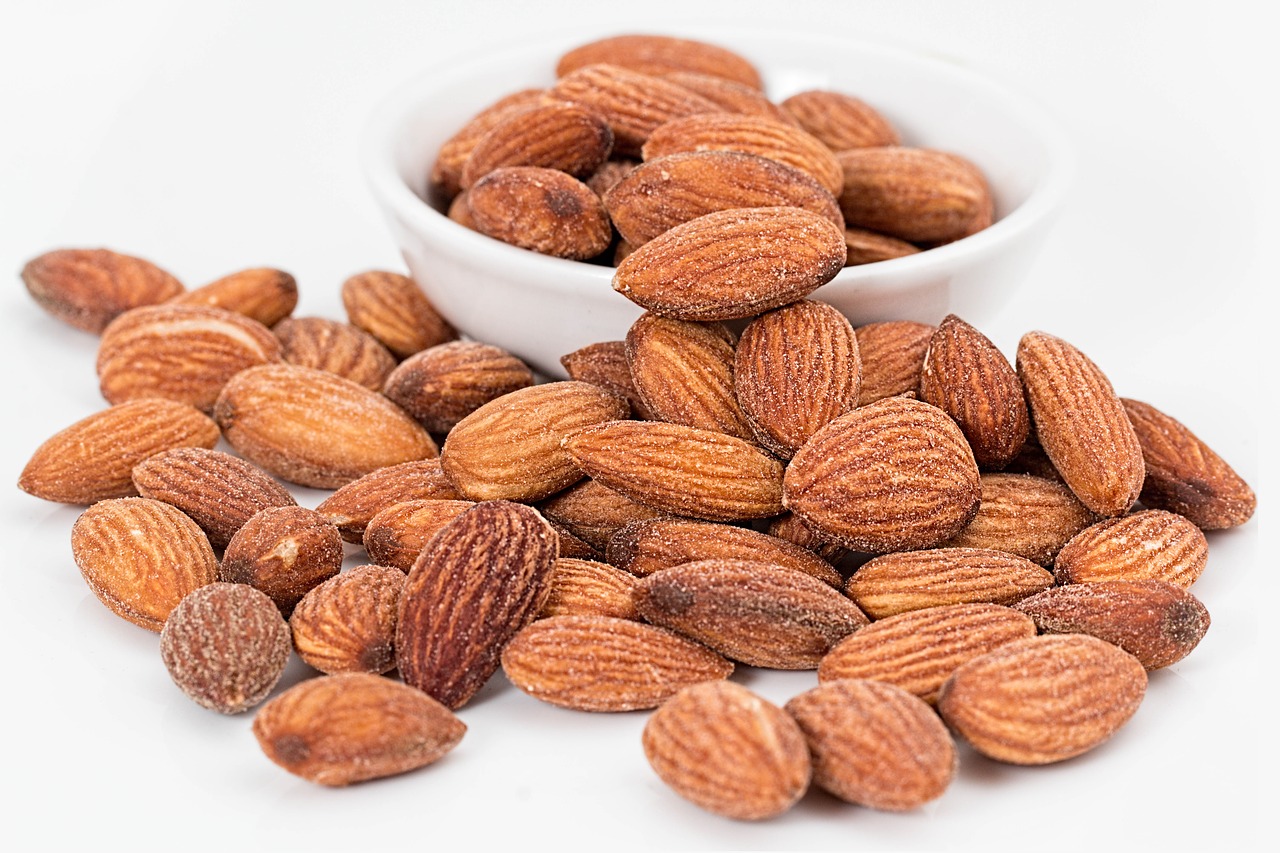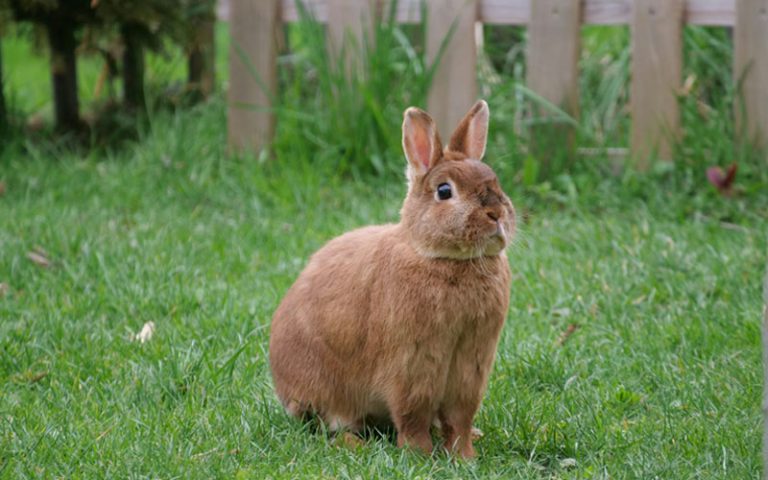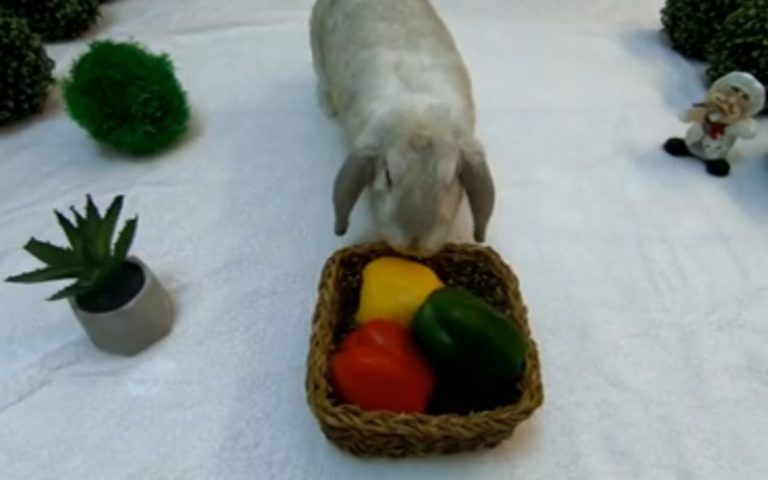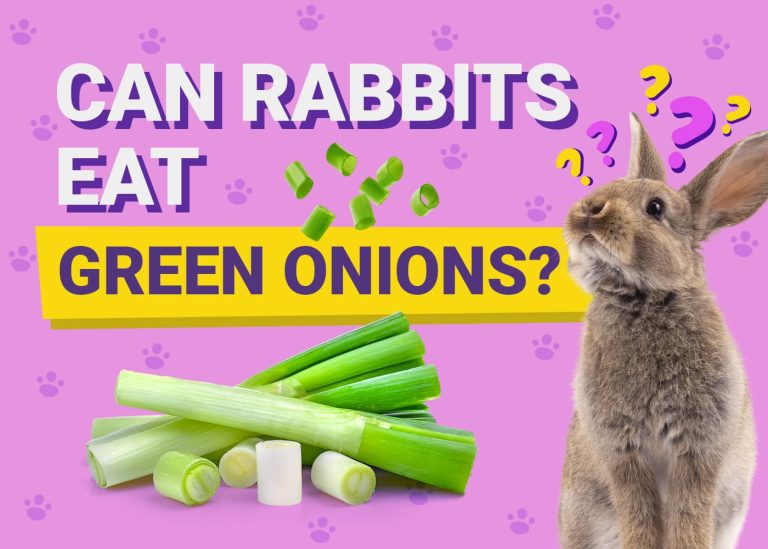Can Rabbits Eat Almonds? Nutritional Insights Revealed
Rabbits should not eat almonds. These nuts are high in fat and can cause digestive issues.
Rabbits are popular pets, known for their playful nature and gentle demeanor. Owners often want to share their snacks with these furry companions. However, not all human foods are safe for rabbits. Understanding what rabbits can and cannot eat is crucial for their health.
Almonds, while tasty for humans, pose risks for rabbits. Their high-fat content can lead to obesity and gastrointestinal problems. It’s essential to provide a balanced diet rich in hay, fresh vegetables, and specially formulated rabbit pellets. This ensures your rabbit remains healthy and happy. Knowing the right foods will help you care for your pet effectively, avoiding potential health issues.
The Truth About Almonds

Credit: www.pinterest.com
Many pet owners wonder, can rabbits eat almonds? This question is important for their health. While almonds are popular snacks for humans, they may not be safe for rabbits. Let’s explore what you need to know.
Nutritional Content Of Almonds
Almonds offer a variety of nutrients. Here’s a quick look at their nutritional profile:
| Nutrient | Amount per 100g |
|---|---|
| Calories | 579 |
| Protein | 21.15g |
| Fat | 49.93g |
| Carbohydrates | 21.55g |
| Fiber | 12.5g |
| Sugars | 4.35g |
Almonds are high in fat and calories. Rabbits need a different diet. They thrive on hay, vegetables, and pellets.
Risks Associated With Almonds For Rabbits
Feeding almonds to rabbits poses several risks:
- High Fat Content: Almonds have too much fat.
- Choking Hazard: Whole almonds can cause choking.
- Digestive Issues: Rabbits may suffer from stomach problems.
- Weight Gain: Overeating can lead to obesity.
Rabbits can’t digest fats well. Their systems are designed for fiber-rich foods. Choose safer treats like:
- Carrots
- Leafy greens
- Fruits in small amounts
Always prioritize your rabbit’s health. Stick to a balanced diet tailored for them.
Rabbits And Nuts: A Risky Combination?
Many pet owners wonder if rabbits can eat almonds. Nuts like almonds seem harmless. However, they can pose serious risks. Understanding rabbit digestion helps clarify this issue.
Digestive System Of Rabbits
Rabbits have unique digestive systems. They are herbivores, mainly eating hay, vegetables, and some fruits. Their stomachs cannot handle high-fat foods. Nuts are high in fats. This can lead to digestive problems.
Their intestines are designed for fiber. A diet rich in fiber helps keep their digestive system healthy. Nuts do not provide the necessary fiber. This imbalance can cause serious health issues.
Potential Hazards Of Nuts For Rabbits
- Obesity: High-fat content in nuts can lead to obesity.
- Digestive Issues: Nuts can cause gas and bloating.
- Choking Hazard: Whole nuts can be a choking risk.
- Nut Allergies: Some rabbits may have allergies to nuts.
- Pancreatitis: High fat can cause pancreatitis in rabbits.
| Hazard | Symptoms | Prevention |
|---|---|---|
| Obesity | Weight gain, lethargy | Avoid high-fat foods |
| Digestive Issues | Bloating, diarrhea | Feed fiber-rich foods |
| Choking Hazard | Coughing, difficulty breathing | Cut nuts into small pieces |
| Nut Allergies | Rashes, itching | Monitor for allergic reactions |
| Pancreatitis | Abdominal pain, vomiting | Consult a vet immediately |
Keep nuts away from your rabbit. They are not suitable for their diet. Focus on providing hay and safe veggies. This ensures a happy and healthy rabbit.

Credit: www.petconsider.com
Toxicity Concerns With Almonds
Rabbits are curious eaters. They often nibble on various foods. But some foods pose serious risks. Almonds can be harmful to rabbits. Understanding the toxicity of almonds is crucial for their safety.
Cyanide Compounds In Bitter Almonds
Almonds come in two main types: sweet and bitter. Bitter almonds contain harmful cyanide compounds. These compounds can be fatal to rabbits.
Here’s a quick comparison:
| Type of Almond | Cyanide Content | Risk Level |
|---|---|---|
| Sweet Almonds | Low | Safe in small amounts |
| Bitter Almonds | High | Highly toxic |
Always be cautious about the type of almond. Bitter almonds can lead to severe health issues.
Symptoms Of Almond Toxicity In Rabbits
Rabbits may show signs of toxicity after eating almonds. Early detection is vital. Watch for these symptoms:
- Difficulty breathing
- Rapid heart rate
- Weakness or lethargy
- Loss of appetite
- Vomiting or diarrhea
Seek veterinary help immediately if you notice any of these symptoms. Timely intervention can save your rabbit’s life.
Safe Alternatives To Almonds
Rabbits need a balanced diet. Almonds can be harmful. Instead, offer safer snacks. These options provide nutrients without risks. Choose treats that are healthy and tasty.
Healthy Snacks For Rabbits
Here are some great snack options for your rabbit:
- Carrots: High in vitamins and fiber.
- Leafy greens: Romaine lettuce, spinach, and kale.
- Bell peppers: Colorful and rich in vitamin C.
- Broccoli: A crunchy treat that rabbits love.
- Fresh herbs: Basil, parsley, and cilantro.
| Snack | Benefits |
|---|---|
| Carrots | Rich in beta-carotene |
| Leafy Greens | High in fiber |
| Bell Peppers | Boosts immune system |
| Broccoli | Supports digestion |
| Fresh Herbs | Adds flavor and variety |
How To Introduce New Foods To A Rabbit’s Diet
Follow these steps to add new snacks:
- Start slow: Introduce one food at a time.
- Monitor reactions: Watch for any signs of discomfort.
- Offer small amounts: Start with a tiny piece.
- Increase gradually: If no issues arise, add more.
- Keep it fresh: Always provide fresh snacks.
These steps help keep your rabbit healthy. Enjoy trying new foods together!

Credit: www.pinterest.com
Understanding Rabbit Foraging Behavior
Rabbits are natural foragers. They thrive on a varied diet. Understanding their foraging behavior helps us provide better care. This leads to healthier, happier pets.
Natural Foods In A Rabbit’s Diet
Rabbits eat a variety of foods in the wild. Their diet includes:
- Grasses
- Leaves
- Bark
- Vegetables
- Fruits (in moderation)
These foods are high in fiber. Fiber is essential for good digestion. A balanced diet helps prevent health issues.
The Importance Of Mimicking Wild Diets
Pet rabbits need diets similar to wild ones. This ensures they receive essential nutrients. Here are some benefits:
| Benefit | Description |
|---|---|
| Better Digestion | High fiber keeps their gut healthy. |
| Healthy Teeth | Chewing on fibrous foods prevents dental problems. |
| Natural Behavior | Mimicking wild diets encourages foraging instincts. |
Feeding rabbits a natural diet boosts their overall well-being. Offer hay, fresh greens, and limited fruits. Avoid processed foods and treats like almonds.
The Role Of Fiber In A Rabbit’s Diet
Fiber is crucial for a rabbit’s health. It aids digestion and keeps their gut moving. Rabbits need high-fiber foods to stay healthy. Without enough fiber, they can suffer from serious health issues.
High-fiber diets help maintain healthy teeth and prevent obesity. Fiber also promotes good gut bacteria. This balance is vital for a rabbit’s overall well-being.
Benefits Of High-fiber Foods
- Improves Digestion: High-fiber foods help rabbits digest food properly.
- Prevents Obesity: Fiber-rich diets keep rabbits feeling full longer.
- Maintains Healthy Teeth: Chewing fibrous foods helps wear down teeth.
- Supports Gut Health: Fiber promotes healthy gut bacteria.
- Reduces Risk of GI Stasis: Adequate fiber prevents gastrointestinal issues.
Almonds And Fiber Content: A Comparison
| Food Item | Fiber Content (per 100g) |
|---|---|
| Almonds | 12.5g |
| Timothy Hay | 30g |
| Romaine Lettuce | 1.2g |
| Carrots | 2.8g |
Almonds contain some fiber but not enough for rabbits. A diet high in hay and leafy greens is better. These foods provide the fiber rabbits need.
Always prioritize high-fiber foods for your rabbit. Almonds should be an occasional treat, not a staple.
Expert Opinions On Rabbits And Almonds
Understanding if rabbits can eat almonds involves expert insights. Many veterinarians and researchers have weighed in on this topic. Their opinions help pet owners make informed decisions.
Veterinary Advice On Feeding Nuts
Veterinarians generally advise against feeding nuts to rabbits. Nuts are high in fat. Rabbits have sensitive digestive systems. Here are key points from veterinary advice:
- High Fat Content: Nuts contain too much fat for rabbits.
- Digestive Issues: Nuts can cause stomach upset.
- Potential Obesity: Regular nut consumption may lead to obesity.
- Health Risks: Nuts can cause severe health issues.
For a healthy diet, focus on hay, veggies, and pellets.
Research Studies On Rabbits And Nut Consumption
Research shows that rabbits do not naturally consume nuts. Their wild diet consists of grass and leafy greens. Studies indicate potential risks in feeding nuts to rabbits.
| Study | Findings |
|---|---|
| Study A | Nuts cause gastrointestinal distress in rabbits. |
| Study B | High-fat diets increase obesity rates in domestic rabbits. |
| Study C | Rabbits thrive on high-fiber, low-fat diets. |
Rabbits need a balanced diet for good health. Focus on safe food options. Always consult a vet before making dietary changes.
Conclusion: Best Practices For Rabbit Nutrition
Providing the right nutrition is vital for your rabbit’s health. Understanding what foods are safe is key. Rabbits thrive on a balanced diet. This section covers best practices for rabbit nutrition.
Creating A Balanced Diet For Your Rabbit
A balanced diet includes various food types. Focus on these main components:
- Hay: Fresh hay should be the main food.
- Fresh Vegetables: Leafy greens like romaine lettuce.
- Pellets: Use high-quality rabbit pellets.
- Occasional Treats: Fruits and seeds in small amounts.
Limit treats like almonds. They are high in fat. Too many can cause health issues. Follow these tips:
- Introduce new foods slowly.
- Observe your rabbit’s reactions.
- Adjust portions based on activity level.
Monitoring Your Rabbit’s Health
Regular health checks help maintain your rabbit’s well-being. Look for these signs:
| Sign | What to Do |
|---|---|
| Weight Loss | Consult a vet immediately. |
| Changes in Eating Habits | Monitor closely and seek advice. |
| Unusual Behavior | Check for stress or illness. |
Keep your rabbit’s environment clean. Provide fresh water daily. A healthy rabbit is a happy rabbit. Ensure regular vet check-ups to catch issues early.
Frequently Asked Questions
Can Rabbits Safely Eat Almonds?
Rabbits should not eat almonds. They are high in fat and can cause digestive issues.
What Nuts Are Safe For Rabbits?
Safe nuts for rabbits include small amounts of walnuts and hazelnuts. Always offer them in moderation.
How Often Can Rabbits Eat Treats?
Treats should make up no more than 10% of a rabbit’s diet. Fresh vegetables are a better choice.
What Happens If A Rabbit Eats Almonds?
Eating almonds can lead to gastrointestinal problems and obesity in rabbits. It’s best to avoid them entirely.
Now, the question: Can bunnies eat almonds?
No, bunnies should not eat almonds. Almonds are high in fat, making them hard for a rabbit’s digestive system to handle. They can cause stomach issues like bloating or discomfort. Some almonds also contain small amounts of cyanide, which is harmful to rabbits. Instead, feed your bunny safe foods like hay, leafy greens, and rabbit pellets. These provide the nutrients they need without the risk. Always avoid giving bunnies foods that are high in fat or toxic, as their digestive system is delicate.






